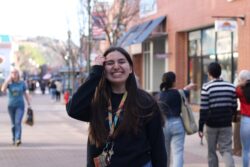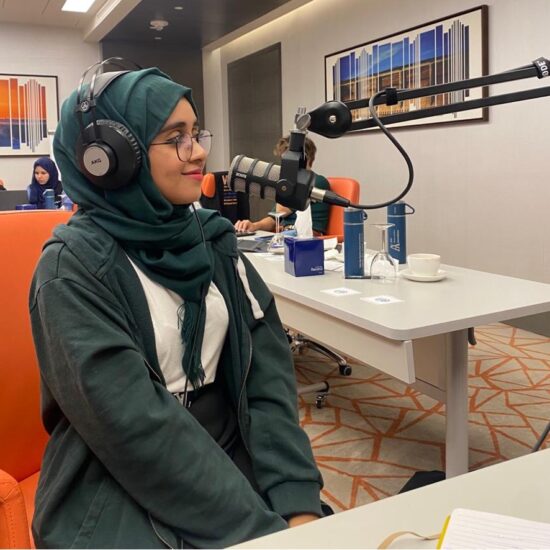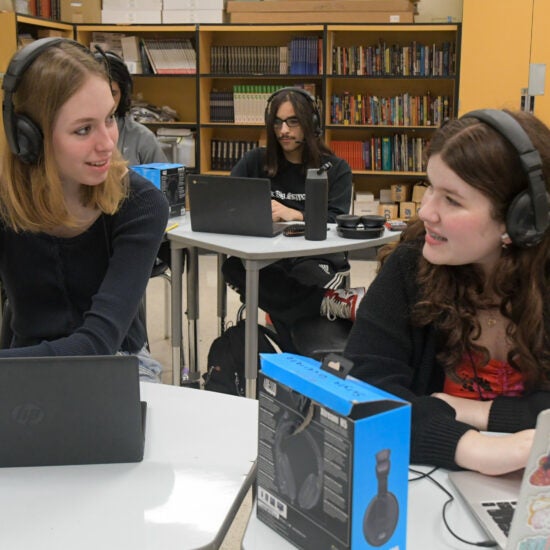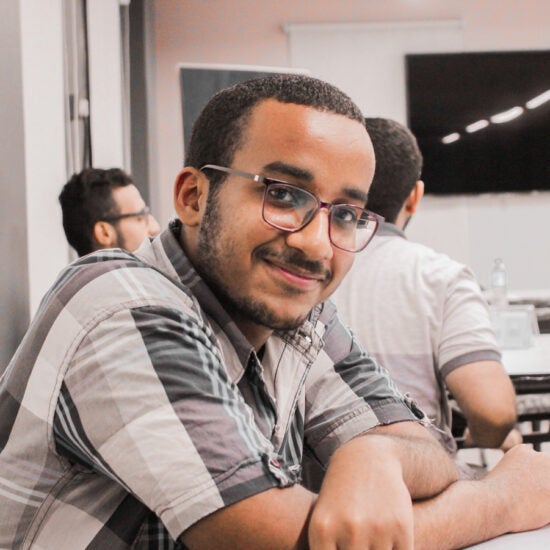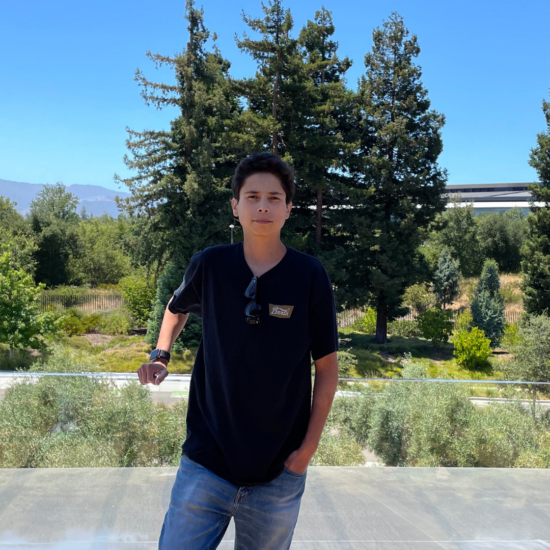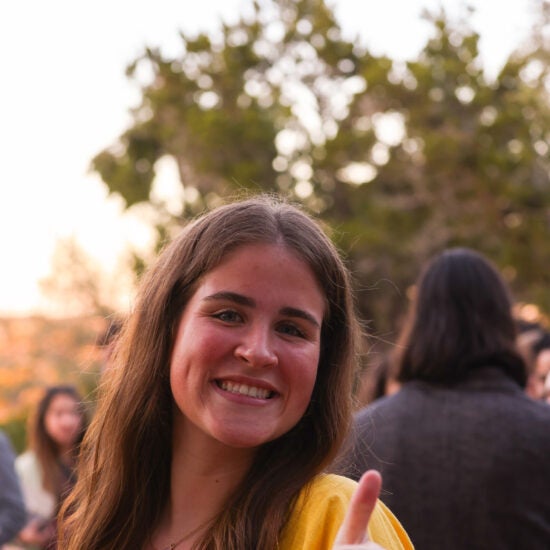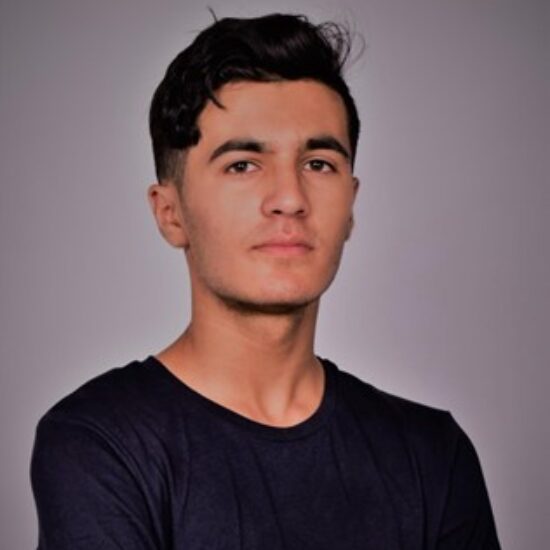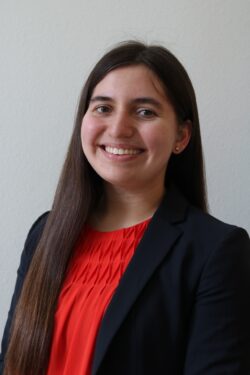 As a homeschooled student from Arkansas, Julie acknowledges that she is not the traditional student who is exposed to opportunities like the Junior Academy. In her case, she was fortunate enough to have a high school chemistry teacher who shared the opportunity with her and encouraged her to join. Once she completed the first round of the program, she realized there was so much potential to develop in different areas, gain competencies, and put test these skills in the Junior Academy program, so she decided to apply to participate in more rounds.
As a homeschooled student from Arkansas, Julie acknowledges that she is not the traditional student who is exposed to opportunities like the Junior Academy. In her case, she was fortunate enough to have a high school chemistry teacher who shared the opportunity with her and encouraged her to join. Once she completed the first round of the program, she realized there was so much potential to develop in different areas, gain competencies, and put test these skills in the Junior Academy program, so she decided to apply to participate in more rounds.
In the fall of 2022, Julie participated in her third Junior Academy challenge, working closely with a team of six individuals from the U.S. and MENA. Having participated in two challenges before, Julie was able to apply the communication skills she gained from previous cycles to her interactions with her peers in this round. Collaborating with peers who share her interest in the intersection between medicine and technology allowed Julie to not only delve into her interests more, but intentionally learn about and from her peers through their different perspectives and experiences. Specifically, insights from a teammate in Israel opened her mind to more possibilities when brainstorming innovative solutions for the challenge they were tasked with. Their group’s proposed solution, a memory game application that uses virtual reality as a form of therapy for Alzheimer patients, was the winning project for the fall 2022 cycle. She credits their success with each teammate having contributed to the project effort in valuable ways while exchanging information about themselves along the way.
Now a student at Harding University, Julie reflects on the skills she developed through the Junior Academy and how she applies them today in her university studies. From intercultural communication to collaboration skills, to learning how to deliver engaging presentations, Julie has picked up on a few key competencies, setting her up well for university life. “I have grown – it’s the Junior Academy that taught me how to present using facts while also making [presentations] interesting to the listener [while] communicating clearly.”
